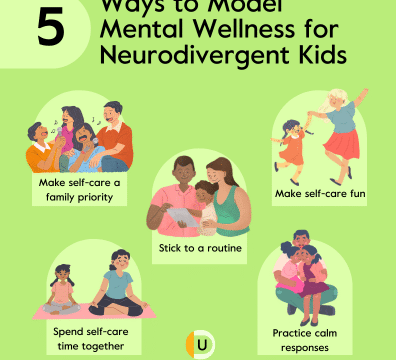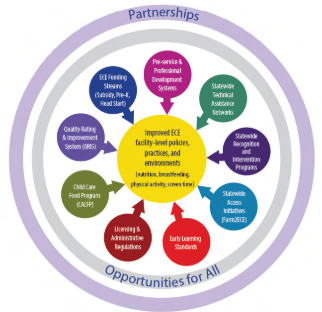Taking breaks during study sessions might sound counterproductive, but research shows that regular breaks can boost concentration, reduce mental fatigue, and improve productivity. Whether you’re preparing for an exam or working on a long-term project, understanding the importance of study breaks—and how to take them effectively—can make a significant difference.
Why Study Breaks Matter
- Improves Focus and Memory: The brain can only focus intensely for a limited time. Breaks help reset attention and improve the ability to retain information.
- Reduces Stress: Constant studying without breaks can lead to burnout and anxiety. Short rests give the mind a chance to relax and recharge.
- Boosts Productivity: Taking breaks helps you return to your studies with renewed energy and motivation.
- Encourages Healthy Habits: Breaks are an opportunity to stretch, hydrate, and rest your eyes—important steps to maintain physical and mental well-being.
How to Take Effective Study Breaks
- Use the Pomodoro Technique: Study for 25 minutes, then take a 5-minute break. After four cycles, take a longer 15-30 minute break. This method keeps your brain fresh and focused.
- Move Your Body: Light exercise like stretching, walking, or yoga can boost blood flow and energy levels.
- Avoid Screens: Use break time to step away from digital devices. Try reading a physical book, listening to music, or simply relaxing.
- Stay Hydrated and Eat Well: Snack on healthy foods and drink water during your breaks to keep your body nourished and your brain sharp.
- Practice Mindfulness: Deep breathing, short meditations, or simply being present in the moment can help calm the mind.
Making Study Breaks Work for You
Everyone is different, so it’s important to find a rhythm that suits your study style. Pay attention to when your focus begins to fade and take that as a signal to pause. Remember, quality study time is more effective than long hours of distracted reading.
By using study breaks wisely, you can enhance learning and keep yourself balanced. Breaks aren’t a sign of laziness—they’re a smart way to study better and feel better too.






